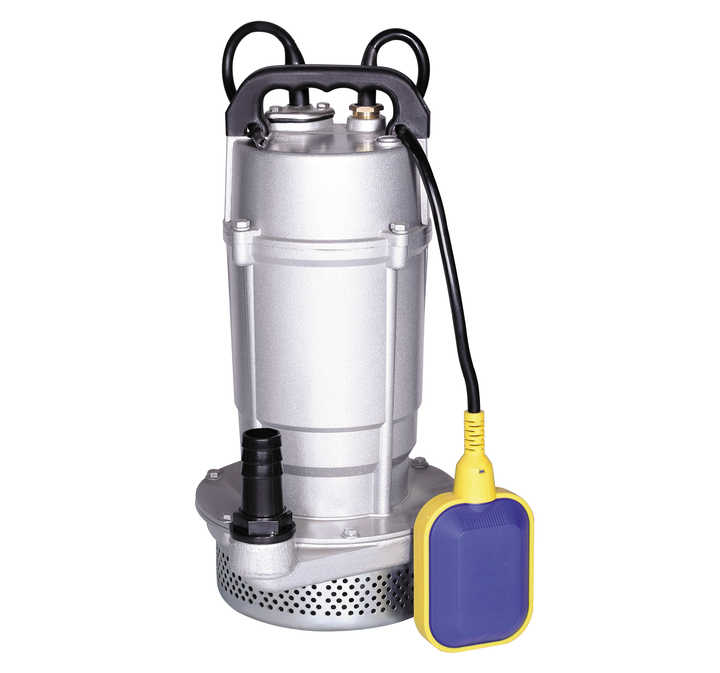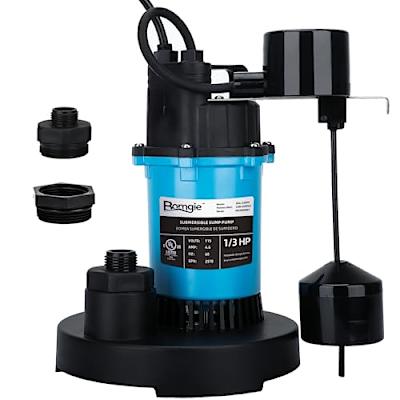Have you been trying to find facts and techniques on Cleaning & Maintenance Tips for Your Home's Sump Pump?

Sump pumps are critical components in several homes, especially in areas prone to flooding or too much wetness. They aid prevent water damage by efficiently removing excess water from basements or crawl spaces. However, like any other appliance, sump pumps require normal maintenance to guarantee they operate efficiently when required the most. Cleansing your sump pump is a vital part of its maintenance, and understanding how to do it properly can conserve you from expensive repair work and prospective calamities.
Introduction
Maintaining a tidy sump pump is important for its proper performance and durability. Overlooking this crucial task can lead to blockages, malfunctions, and inevitably, water damages to your home. As a result, discovering just how to cleanse a sump pump is essential for homeowners that count on these tools to maintain their cellars dry and protected.
Indicators of a Dirty Sump Pump
Recognizing when your sump pump needs cleansing is critical for stopping potential malfunctions. Some common indicators that indicate a dirty sump pump include unusual sounds during operation, lowered water circulation, and visible debris in the pit. If you observe any one of these signs, it's important to cleanse your sump pump promptly to prevent any kind of additional issues.
Getting ready for Cleaning
Prior to you start cleaning your sump pump, it's necessary to take some security preventative measures. Start by shutting down the power to the pump to prevent any type of electric accidents. In addition, use ideal protective gear, such as handwear covers and goggles, to shield on your own from dirt, particles, and possible pathogens.
Understanding the Sump Pump
Prior to diving into the cleaning process, it's important to have a fundamental understanding of exactly how a sump pump functions. Usually installed in a pit or basin below the cellar floor, a sump pump consists of a number of key elements, consisting of a pump, a float switch, and a discharge pipe. When water builds up in the pit, the float button triggers the pump, which after that pumps the water out via the discharge pipe, far from the building's structure.
Step-by-step Guide to Cleansing a Sump Pump
Shutting down the Power
Begin by separating the power supply to the sump pump to prevent any type of accidents while cleaning.
Checking for Proper Performance
Before re-installing the pump, do a fast test to make certain that the float switch activates the pump appropriately. Put some water right into the sump pit and observe the pump's procedure. If whatever is functioning correctly, you can rebuild the pump and reconnect the power supply.
Eliminating Debris and Dust
Use a container or an inside story to remove any kind of visible particles, dirt, or debris from the sump pit. Dispose of the debris appropriately to avoid it from clogging the pump or the discharge pipeline.
Cleaning the Pump and Float Change
When the pit is free from particles, meticulously remove the pump from the pit. Inspect the pump and the float button for any kind of indications of damages or wear. Utilize a soft brush or fabric to cleanse the surface areas and eliminate any kind of accumulated crud.
Purging the System
After cleaning the pump and float switch, flush the sump pit with clean water to get rid of any continuing to be dirt or sediment. This will help make certain that the pump operates efficiently and successfully.
Maintenance Tips to Keep Your Sump Pump Clean
Along with routine cleansing, there are several maintenance pointers you can comply with to maintain your sump pump in ideal problem:
Final thought
Cleansing your sump pump is an important element of its maintenance and makes certain that it runs properly when you require it one of the most. By adhering to the steps described in this guide and incorporating routine upkeep into your routine, you can extend the lifespan of your sump pump and safeguard your home from water damages.
How To Inspect And Clean A Sump Pump
There are a few things you may want to look for when inspecting your sump pump. These include:
Leaks: If you notice any leaks around the sump pump, it likely needs to be repaired or replaced. Mud or Water: If there is any mud or water around the sump pump, it’s likely that it’s not working properly and needs to be cleaned. Noises: If you hear any strange noises coming from the sump pump, it may be indicative of a problem. Next, you’ll need to clean the sump pump. If you notice any of these issues, it’s best to clean the sump pump as soon as possible. To do this, you’ll need to remove the pump from its housing. Be sure to have a bucket handy to catch any water that may spill out. Once the pump is removed, use a brush or a spray nozzle to clean off all of the mud and debris. You may also want to check the impeller for damage or wear and tear. If you find any damage, you’ll need to replace the pump.
Once the pump is clean, reattach it to its housing and replace any parts that were removed. Be sure to test the pump before putting everything back in place. Once everything is back in order, put the cover back on the sump pit and refill it with water.
https://elekplumbing.com/blog/how-to-inspect-and-clean-a-sump-pump/

I am very taken with Keep Your Sump Pump Clean, It'll Keep You Dry and I'm hoping you appreciated the entire page. If you enjoyed reading our blog posting please remember to share it. Thank you for your time invested reading it.
Call Today